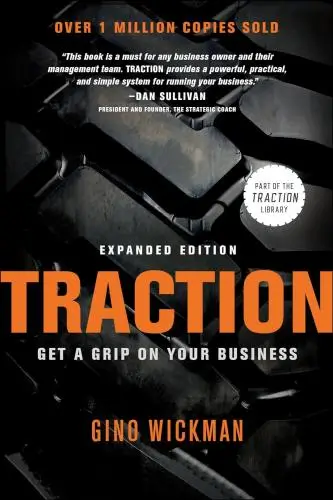How to Win Friends & Influence People
What is How to Win Friends & Influence People about?
How to Win Friends & Influence People by Dale Carnegie is a timeless self-help book that offers practical advice on building meaningful relationships and effectively influencing others. It provides valuable insights on handling people, becoming a good listener, winning people over to your way of thinking, and inspiring cooperation. With its emphasis on empathy, understanding, and genuine communication, this book serves as a guide to navigating social interactions and achieving success in both personal and professional endeavors.
About the Author
Dale Carnegie (1888-1955) was an influential American writer, lecturer, and self-improvement guru. His most famous work, "How to Win Friends and Influence People" (1936), has sold millions of copies worldwide and remains a staple in personal development literature. Carnegie's writing focused on practical techniques for enhancing social skills, building relationships, and achieving success. He also founded the Dale Carnegie Institute, which offers courses on public speaking, leadership, and interpersonal communication. Carnegie's timeless advice continues to inspire individuals seeking personal and professional growth.
6 Key Ideas of How to Win Friends & Influence People
- The Power of Empathy and Understanding
- The Art of Influence and Persuasion
- Building Connections and Relationships
- Effective Conflict Resolution
- Inspiring Success and Improvement
- Effective Leadership and Collaboration
In 1931, New York City was captivated by a thrilling manhunt for Two Gun Crowley, a notorious killer who saw himself as a misunderstood figure. This story highlights how criminals often justify their actions, but it's not just criminals who struggle with self-criticism. As John Wanamaker once said, few people readily criticize themselves. Criticism can often lead to defensiveness and resentment.
Instead of criticizing others, a more effective approach is to communicate concerns or suggestions with empathy and understanding. George B. Johnston's efforts to promote hard hat usage among workers serve as a great example. Historical events like the Roosevelt-Taft feud and the Teapot Dome scandal show that criticism rarely leads to self-awareness or change; people usually defend themselves vigorously.
So, when you feel tempted to judge others, remember that criticism often backfires, with individuals striving to vindicate themselves rather than accept blame.
On April 15, 1865, Abraham Lincoln lay mortally wounded across from Ford's Theater, where John Wilkes Booth had fired the fatal shot. In his final moments, Secretary of War Edwin Stanton offered glowing praise.
Lincoln's ability to handle people came from lessons he learned in his own life. A near-duel with James Shields taught him the power of restraint. During the Civil War, he confronted inept generals but refrained from public criticism, displaying remarkable patience.
Even when he had the chance to criticize General Meade after the Battle of Gettysburg, Lincoln chose restraint, recognizing the toll of battle. Lincoln's wisdom lay in avoiding harsh condemnations and focusing on effective leadership.
Mark Twain channeled his frustrations into unsent letters, while Benjamin Franklin's diplomacy triumphed over criticism. Evangeline Booth's compassion reached the heart of a murderer. Instead of condemning, seek to understand others; it nurtures kindness. Principle 1: Steer clear of criticism, condemnation, and complaint.
To influence effectively, prioritize others' desires over your own. Lloyd George, the successful WWI British Prime Minister, tailored his approach to align with others' wants. This principle applies universally, whether you're dealing with children, cattle, or people. Actions are propelled by desire. Henry Ford's wisdom reinforces this: success comes from understanding others' perspectives alongside your own.
In advertising and persuasion, leading by example is essential. Barbara Anderson's customer-centric approach secured interviews with 11 out of 12 banks in Phoenix. Salespeople must concentrate on solving customers' problems. Owen D. Young's counsel is clear: success lies in comprehending others' viewpoints. Michael Whidden's negotiation experience underscores the power of mutual benefit. Encourage self-expression and foster ownership of ideas. Ultimately, the key is igniting a fervent desire in others.
Learn the art of winning friends through genuine interest in others. Even our furry companions understand the magic of unconditional love. Consider Howard Thurston, the magician, or Theodore Roosevelt, shining examples of how authentic curiosity about people fosters enduring connections.
In the past, I orchestrated a fiction writing course at the Brooklyn Institute of Arts and Sciences. Our approach was to invite illustrious authors to share their insights. We reached out with heartfelt letters, expressing admiration for their work and a thirst for knowledge. Knowing their busy schedules, we provided thoughtful questions instead of requesting lectures. They embraced our approach and generously lent their expertise.
Applying a similar tactic, I persuaded influential figures to address my public speaking courses. The key lesson here is that people value those who hold them in high regard.
To nurture friendships, I made it a point to remember my friends' birthdays, even though I didn't buy into astrology. This small gesture set me apart as someone who cared, leaving a lasting impression.
Greeting people with genuine enthusiasm and displaying a sincere interest in their lives is a winning strategy for making friends. This personal touch also benefits businesses, as evidenced in a heartfelt letter from a satisfied customer to a bank.
The power of genuine interest can yield extraordinary results, as exemplified by the experiences of Mr. Walters and Mr. Knaphle. Syrus' age-old wisdom rings true: "We are interested in others when they are interested in us." Authenticity is the key, creating a mutually beneficial dynamic.
A single student nurse's genuine interest had a profound impact on Mr. Ginsberg, underscoring the significance of truly caring about others. So, if you aspire to cultivate friendships while benefiting yourself, keep this principle in mind: Cultivate genuine interest in other people.
Listening is a vital skill that forges connections and solves problems effectively. People cherish those who invest time in hearing their thoughts and concerns.
In a nutshell, becoming a skilled conversationalist involves displaying genuine interest, asking engaging questions, and granting others the space to share their thoughts and experiences.
Engage Your Audience: Teddy Roosevelt wowed his guests by delving into their passions, showcasing his extensive knowledge. It's all about discussing what truly matters to people.
William Lyon Phelps discovered this early in life when a man struck up a conversation about boats, even though he had no real interest in them. It was a gesture of connection.
Edward L. Chalif used this technique to secure a favor by diving into a discussion about a million-dollar check with a wealthy man, focusing on the man's interests.
Henry G. Duvernoy struggled for years to sell bread to a hotel manager without success. However, when he uncovered the manager's passion for a society called the Hotel Greeters, he engaged in conversations about it, eventually leading to a successful sale.
Edward E. Harriman landed a job by aligning his pitch with a secretary who was attuned to the powerful executive's interests, demonstrating how he could benefit the executive.
Howard Z. Herzig realized that talking about others' passions not only enriched their lives but also his own.
This principle, cherished by diplomats engaging with kings and queens, cultivates captivating conversations and mutually beneficial outcomes.
Principle 5: Speak in terms of the other person's interests.
Empathy invites us to understand rather than condemn others, even when they are wrong. Effective conversations involve honoring the other person's thoughts and emotions. Demonstrate empathy and clarify the purpose of your discussion. Embracing their perspective fosters an open-minded atmosphere.
In challenging scenarios, such as dealing with late payments, empathizing can yield positive outcomes. Before seeking favors, take a moment to understand the other person's viewpoint, motivations, and interests. This thoughtful approach saves time, reduces conflict, and enhances overall results.
Remember: PRINCIPLE 8 - See Things from the Other Person's Point of View
Imagine wielding a magical phrase that can defuse arguments, foster goodwill, and captivate the attention of even the most stubborn individuals. Here it is: "I don't blame you for feeling that way; if I were in your shoes, I'd probably feel the same."
This approach transcends resistance by recognizing that people's backgrounds and experiences shape their perspectives. To build authentic connections, step into their world and empathize with their viewpoint. Most people yearn for understanding, so when you offer genuine sympathy, they'll not only appreciate you but also become more receptive.
Always keep in mind that sympathy is an extraordinary tool for winning people over.
Principle 9: Be sympathetic with others' ideas and desires.
How to Win Friends & Influence People Summary: Common Questions
In this timeless classic, Carnegie effortlessly reveals the art of forming meaningful connections with others. His practical wisdom feels like a friendly chat with a mentor, making it accessible to everyone. The book's real strength lies in its simple yet potent advice on improving communication, resolving conflicts, and boosting self-confidence. It's a solid 4.8 out of 5, owing to its continued popularity and the numerous lives it has positively impacted. So, if you're seeking the secret sauce to winning people over, this one's a gem worth your time.
Experience Personalized Book Summaries, Today!
Discover a new way to gain knowledge, and save time.
Sign up for our 7-day trial now.
No Credit Card Needed

Similar Books
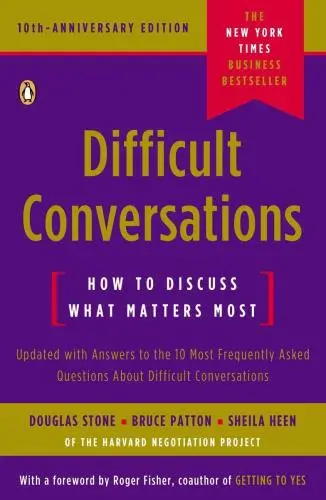
Difficult Conversations
Douglas Stone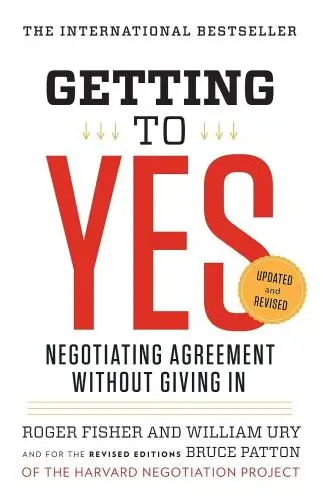
Getting to Yes
Roger Fisher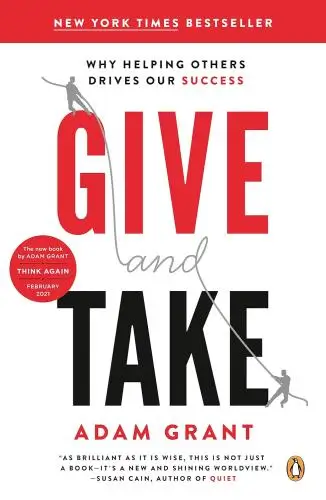
Give and Take
Adam Grant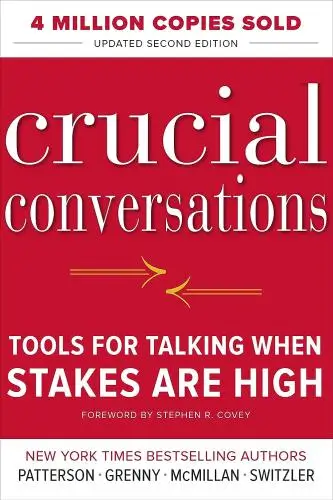
Crucial Conversations
Kerry Patterson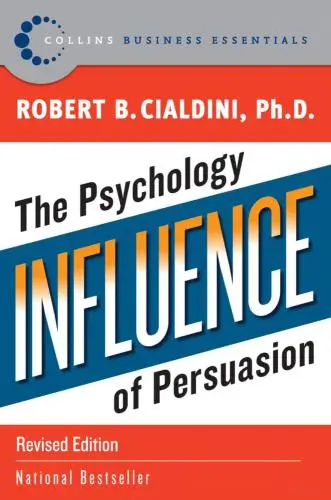
Influence
Robert B. Cialdini
Never Split the Difference
Chris Voss
Smart Brevity
Jim VandeHei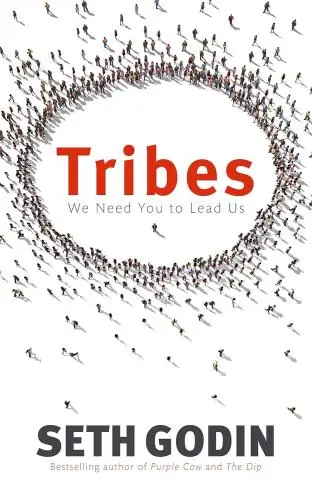
Tribes
Seth Godin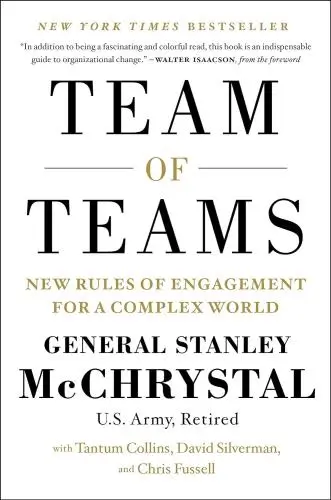
Team of Teams
General Stanley McChrystal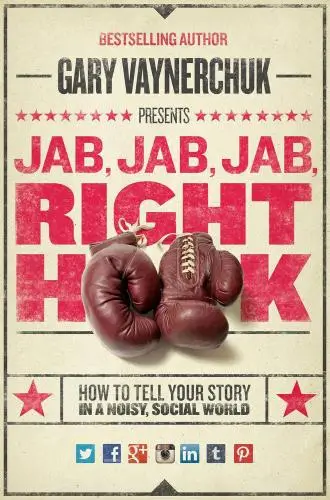
Jab, Jab, Jab, Right Hook
Gary Vaynerchuk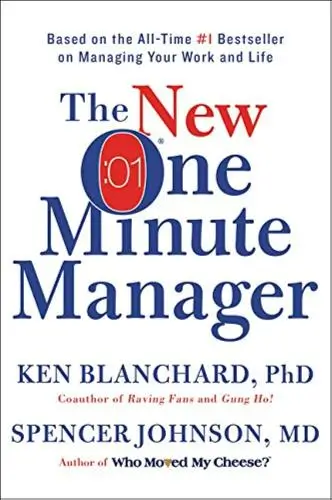
The New One Minute Manager
Ken Blanchard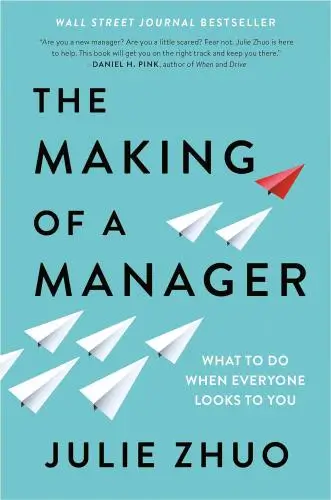
The Making of a Manager
Julie ZhuoTrending Summaries

Peak
Anders Ericsson
Never Split the Difference
Chris Voss
Smart Brevity
Jim VandeHei
The Psychology of Money
Morgan Housel
The First 90 Days
Michael D. Watkins
Atomic Habits
James Clear
Thinking, Fast and Slow
Daniel Kahneman
The Body Keeps the Score
Bessel van der Kolk M.D.
The Power of Regret
Daniel H. Pink
The Compound Effect
Darren Hardy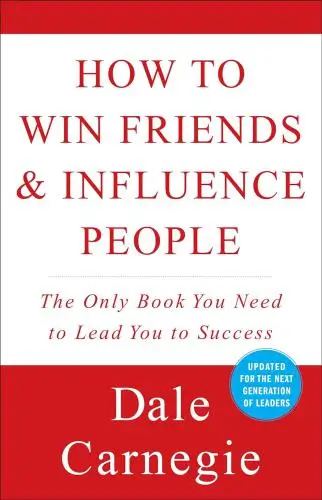
How to Win Friends & Influence People
Dale Carnegie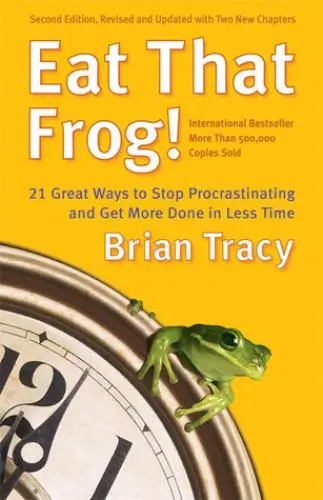
Eat That Frog!
Brian Tracy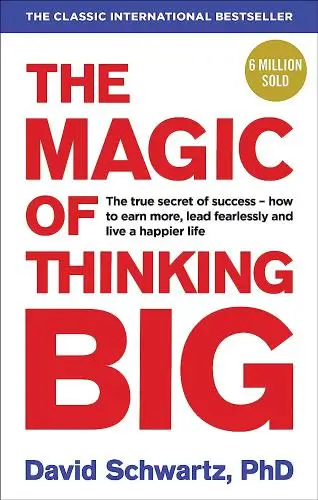
The Magic of Thinking Big
David J. Schwartz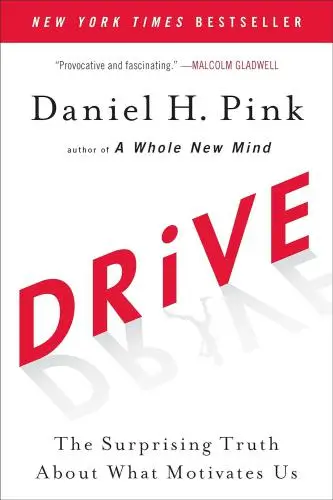
Drive
Daniel H. Pink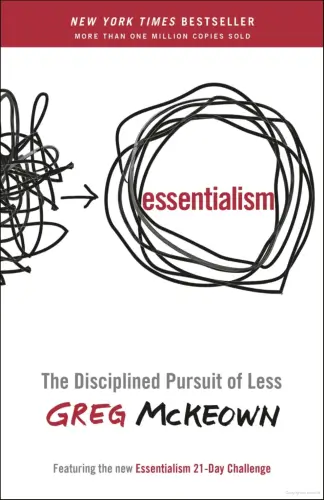
Essentialism
Greg McKeownNew Books

The Millionaire Fastlane
MJ DeMarco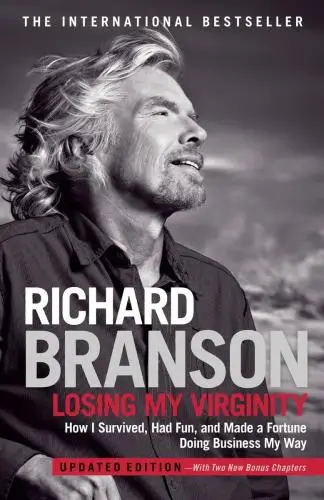
Losing My Virginity
Richard Branson
Venture Deals
Brad Feld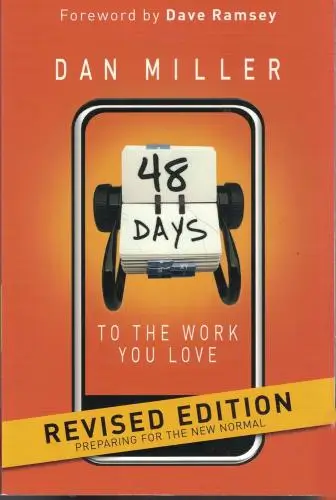
48 Days to the Work You Love
Dan Miller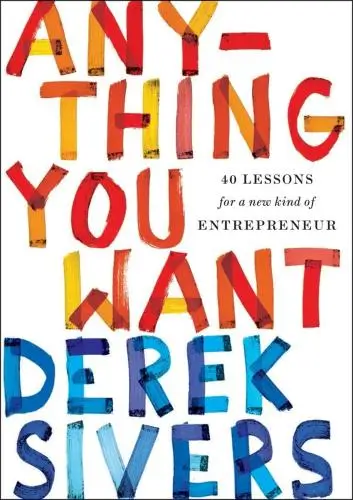
Anything You Want
Derek Sivers
Running Lean
Ash Maurya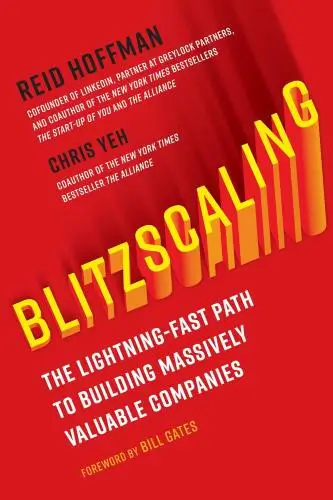
Blitzscaling
Reid Hoffman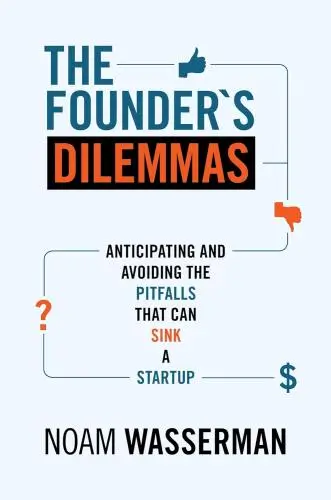
The Founder's Dilemmas
Noam Wasserman
Founders at Work
Jessica Livingston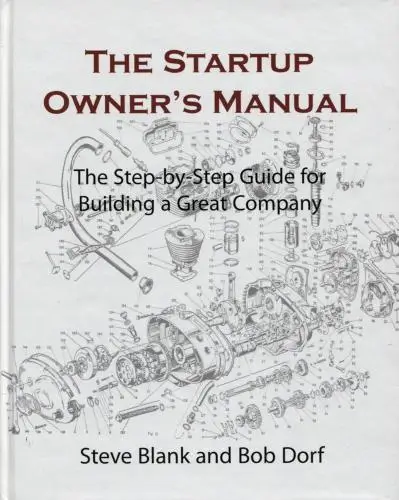
The Startup Owner's Manual
Steve Blank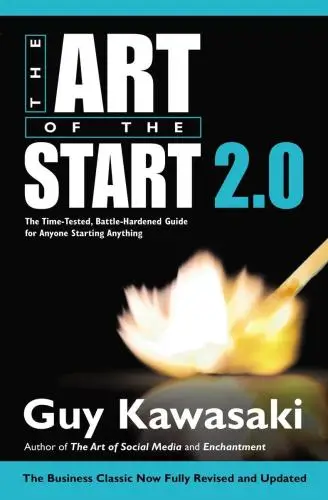
The Art of the Start 2.0
Guy Kawasaki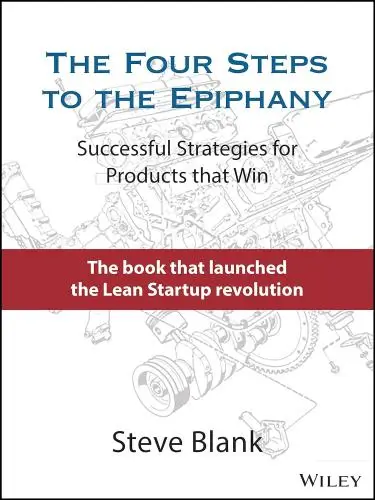
The Four Steps to the Epiphany
Steve Blank
Flash Boys
Michael Lewis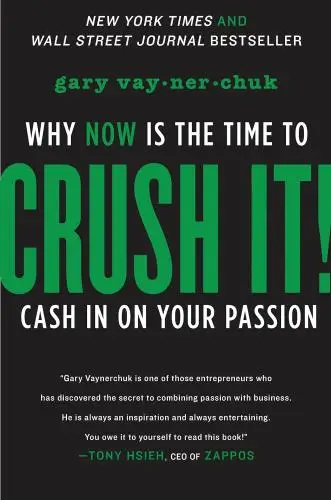
Crush It!
Gary Vaynerchuk